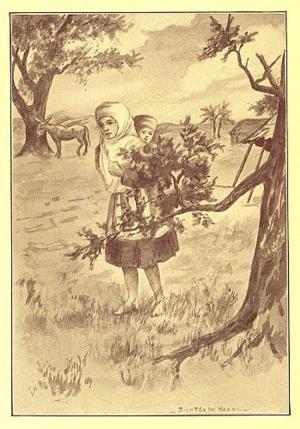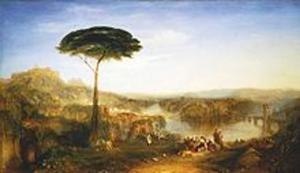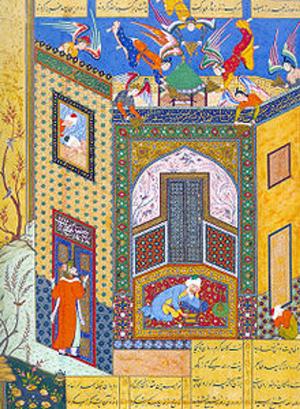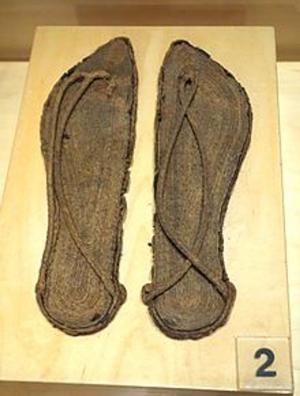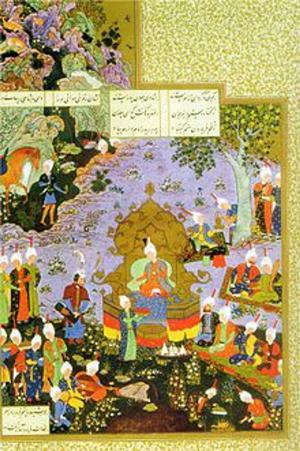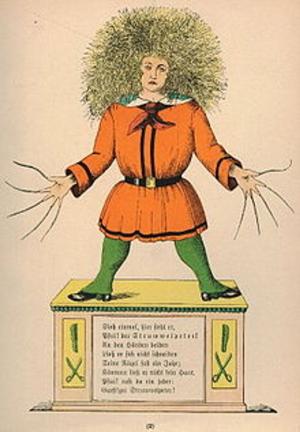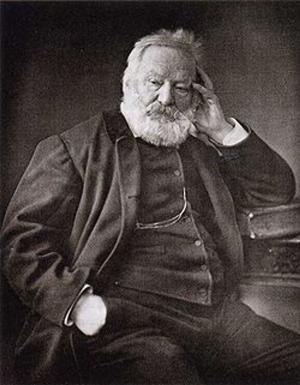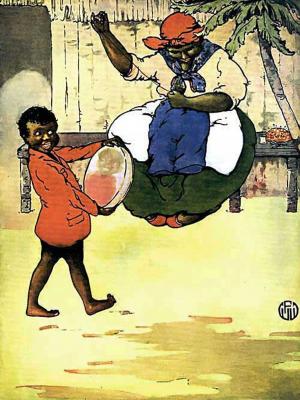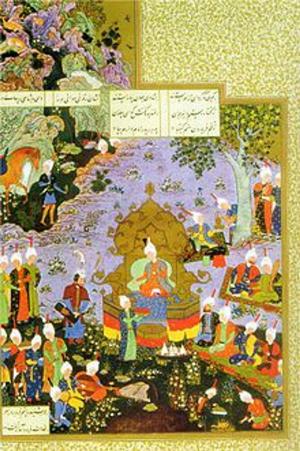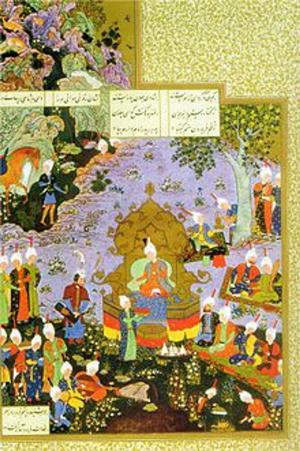| Author: | Frederick Hadland Davis Jalálu'd-dín Rúmí | ISBN: | 1230002501673 |
| Publisher: | Ismael Ghanizadeh | Publication: | August 26, 2018 |
| Imprint: | Language: | English |
| Author: | Frederick Hadland Davis Jalálu'd-dín Rúmí |
| ISBN: | 1230002501673 |
| Publisher: | Ismael Ghanizadeh |
| Publication: | August 26, 2018 |
| Imprint: | |
| Language: | English |
alāl ad-Dīn Muhammad Rūmī (Persian: جلالالدین محمد رومی), also known as Jalāl ad-Dīn Muhammad Balkhī (جلالالدین محمد بلخى), Mevlânâ/Mawlānā (مولانا, "our master"), Mevlevî/Mawlawī (مولوی, "my master"), and more popularly simply as Rumi (30 September 1207 – 17 December 1273), was a 13th-century Persian Sunni[8] Muslim poet, jurist, Islamic scholar, theologian, and Sufi mystic originally from Greater Khorasan. ] Rumi's influence transcends national borders and ethnic divisions: Iranians, Tajiks, Turks, Greeks, Pashtuns, other Central Asian Muslims, and the Muslims of South Asia have greatly appreciated his spiritual legacy for the past seven centuries.[10] His poems have been widely translated into many of the world's languages and transposed into various formats. Rumi has been described as the "most popular poet"[11] and the "best selling poet" in the United States.
Rumi's works are written mostly in Persian, but occasionally he also used Turkish, Arabic, and Greek, in his verse. His Masnavi (Mathnawi), composed in Konya, is considered one of the greatest poems of the Persian language.[19][20] His works are widely read today in their original language across Greater Iran and the Persian-speaking world. Translations of his works are very popular, most notably in Turkey, Azerbaijan, the United States, and South Asia. His poetry has influenced not only Persian literature, but also Turkish, Ottoman Turkish, Azerbaijani, as well as the literature of some other Turkic, Iranian, and Indo-Aryan languages including Chagatai, Urdu and Pashto
wikipedia
alāl ad-Dīn Muhammad Rūmī (Persian: جلالالدین محمد رومی), also known as Jalāl ad-Dīn Muhammad Balkhī (جلالالدین محمد بلخى), Mevlânâ/Mawlānā (مولانا, "our master"), Mevlevî/Mawlawī (مولوی, "my master"), and more popularly simply as Rumi (30 September 1207 – 17 December 1273), was a 13th-century Persian Sunni[8] Muslim poet, jurist, Islamic scholar, theologian, and Sufi mystic originally from Greater Khorasan. ] Rumi's influence transcends national borders and ethnic divisions: Iranians, Tajiks, Turks, Greeks, Pashtuns, other Central Asian Muslims, and the Muslims of South Asia have greatly appreciated his spiritual legacy for the past seven centuries.[10] His poems have been widely translated into many of the world's languages and transposed into various formats. Rumi has been described as the "most popular poet"[11] and the "best selling poet" in the United States.
Rumi's works are written mostly in Persian, but occasionally he also used Turkish, Arabic, and Greek, in his verse. His Masnavi (Mathnawi), composed in Konya, is considered one of the greatest poems of the Persian language.[19][20] His works are widely read today in their original language across Greater Iran and the Persian-speaking world. Translations of his works are very popular, most notably in Turkey, Azerbaijan, the United States, and South Asia. His poetry has influenced not only Persian literature, but also Turkish, Ottoman Turkish, Azerbaijani, as well as the literature of some other Turkic, Iranian, and Indo-Aryan languages including Chagatai, Urdu and Pashto
wikipedia

